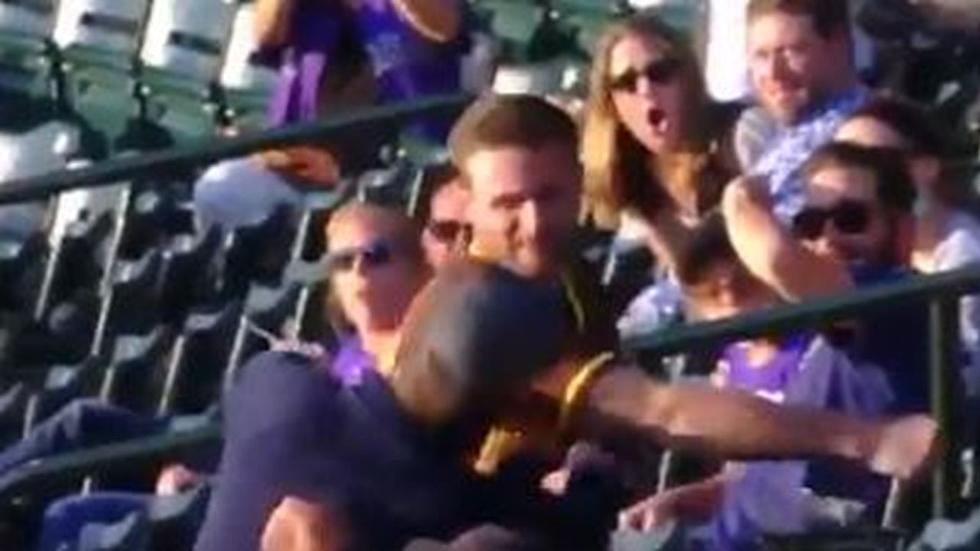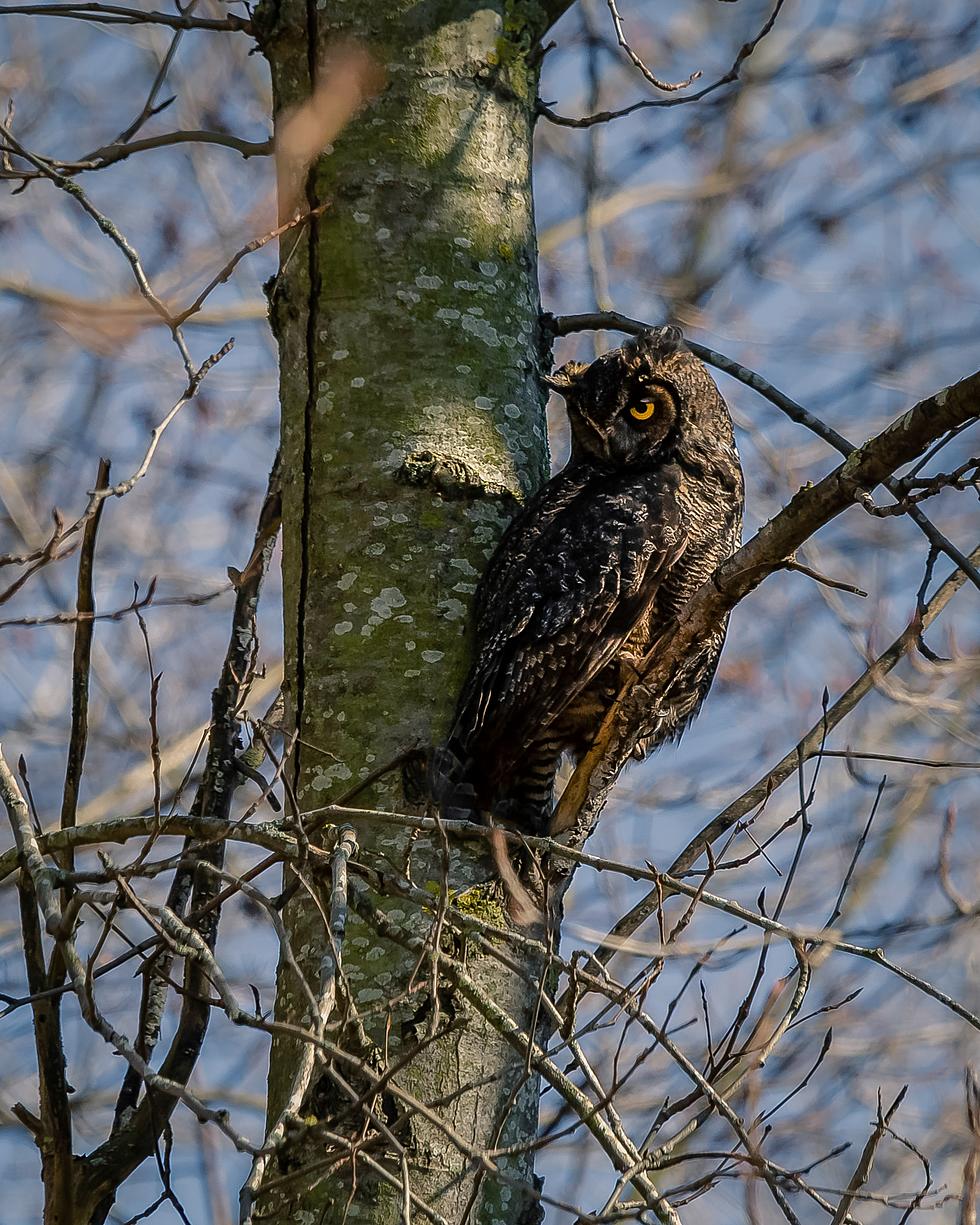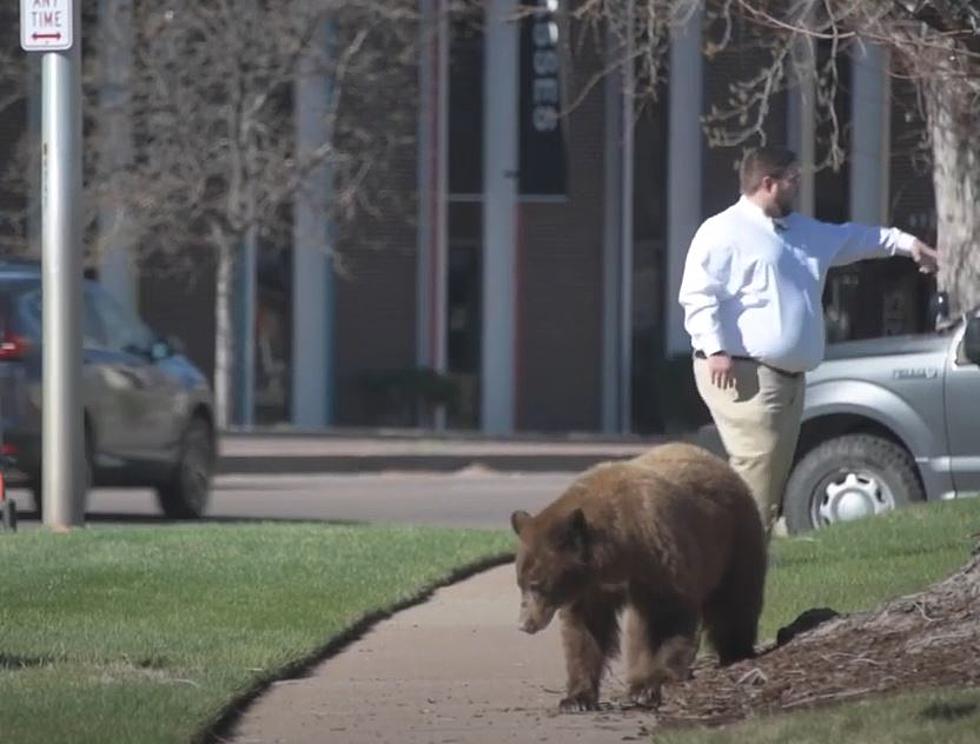
Brewer and Shipley’s Michael Brewer Looks Back on 45 Years of Tokin’ Over the Line: Exclusive Interview
This spring marks the 45th anniversary of Brewer & Shipley's journey to the Top 10 with 1971's "One Toke Over the Line" — and the controversy that erupted after the song was singled out by the Nixon administration for allegedly helping to subvert America's youth. Michael Brewer still tours with his longtime partner Tom Shipley, and in an exclusive interview with Ultimate Classic Rock, he looked back on the duo's brush with infamy.
We look back on the '60s and '70s as a time of literal and cultural war, but did it feel that way for you at the time? Did you see yourselves as making anti-establishment commentary?
Tom and I both came from the folk era of the '60s, and folk music was always, traditionally, about social commentary. We had two albums before Tarkia, the record that included "One Toke Over the Line," and there was quite a bit of social commentary on Weeds which was the album before Tarkia. We were just reflecting the times we were living in. Nina Simone was quoted as saying, "It's an artist's duty to reflect the times in which they are living," and that's what we were doing. In fact, the b-side to "Toke" was a song called, "Oh Mommy I Ain't No Commie," and we named Richard Nixon personally in that one. The Vietnam war was raging, and there was a lot of social upheaval. The civil rights movement. The times were crazy and volatile, as if they aren't now. Anyway, we were just doing what we had always done — but actually, "One Toke Over the Line" was a song we wrote to amuse ourselves one night, trying to come up with something to make our friends laugh. The first time we played Carnegie Hall, we opened for Melanie and we did quite well; we got several encores and we ran out of songs, so we said, "Okay, let's do that new song." The president of the record company we were with at the time came backstage and he said, "Oh, you gotta record that for the album." Which kind of surprised us, because like I said, we didn't take it real seriously. Who would have guessed they would release it as a single, it would go shooting up the charts, and the Nixon administration would try to ban it? We made Nixon's "hate list," which we held as a badge of honor and still do to this day, and the Vice President, Spiro Agnew, named us personally on national TV one night as "subversives to America's youth." I mean, you can't buy that kind of publicity.
How did you find out you'd been singled out by the administration? Did you actually see the Agnew speech?
This was when the Nixon administration had the FCC threatening radio station's licenses if they didn't censor out so-called "drug lyrics" in rock and roll. To us, it was the equivalent of burning books. It was ridiculous. I mean, "Puff the Magic Dragon" was on that list. It didn't have anything to do with weed. Thanks to a bunch of brave radio station heads who decided to play it anyway, and a lot of people who wanted to hear it, it became a big hit. A lot of stations wouldn't play it, though — they were afraid of reprisals from the FCC. But eventually everybody got on the bandwagon and played it. All these years later, it's still being played around the world and in movies and in books and on TV. Even the phrase has become part of the vernacular, in newspaper articles and things that don't even have anything to do with marijuana. It's pretty funny. For instance, when the new Pope was getting ready to move into the Vatican and the old Pope was still living there, Stephen Colbert did a thing where he said "Folks, we're going to have two Popes in the Vatican. Does this mean we're 'One Pope Over the Line'?"
Controversies like this one are often seen as having a beneficial effect in the long run — like you said, you can't buy that kind of publicity. But the song was already on its way up the charts when it was called out by the administration, and it ended up peaking at No. 10. Do you feel like it might have been an even bigger hit if not for that pressure on the FCC?
Oh, sure. It wasn't even played in Europe because of the controversy. But it's so ironic because at exactly the same time that the Nixon administration was coming down on us, Lawrence Welk performed it on The Lawrence Welk Show! He referred to it as a "modern day spiritual."
Do you think it had any impact on Brewer & Shipley going forward? Did you feel like you encountered more resistance with your subsequent releases?
Not really. We had some other chart songs after that. But you know, we never were singles artists — our albums were about albums. In fact the album before Tarkia was released when FM radio was brand new; it was more underground. It was all about album cuts, and albums, and album artists. You never heard someone's hit single on FM radio at the time, so we got a lot of airplay. We had quite a following and then after "One Toke" we had two or three more songs that made the Top 40 or the Top 20. So it really didn't hurt us — if anything, it brought more attention to us. People might have wanted something more like "One Toke," but like I said, it was kind of an anomaly. Something that happened that we didn't even take seriously.
A line from the song's lyrics showed up in Fear and Loathing in Las Vegas before the year was out, and over the years, "One Toke Over the Line" has been perceived as something of a drug culture anthem. What are your thoughts on that part of the song's legacy?
I can't call marijuana a drug. It's an herb. It's always been there. People have used it for millennia — for health reasons, spiritual reasons. It should never have been illegal in the first place, because it's not a drug. It's pretty much an anthem for the pot smoker, no doubt about that. A couple of years ago, we were invited to play the Denver County Fair in the "Pot Pavilion." It was on 4/20 and they had us go on at 4:20 and open with "One Toke Over the Line." It was the only time our opening act was a joint-rolling contest! I'm not kidding.
Your calendar must get pretty crowded this time of year.
Every year I do a bunch of these interviews, but we'll take it. I'm glad people like the song still.
The Top 100 Albums of the '70s
More From Kool 107.9
![Classic PFM: Peyton Poses as Intern for Denver Broncos [Video]](http://townsquare.media/site/49/files/2021/05/Peyton.jpg?w=980&q=75)









